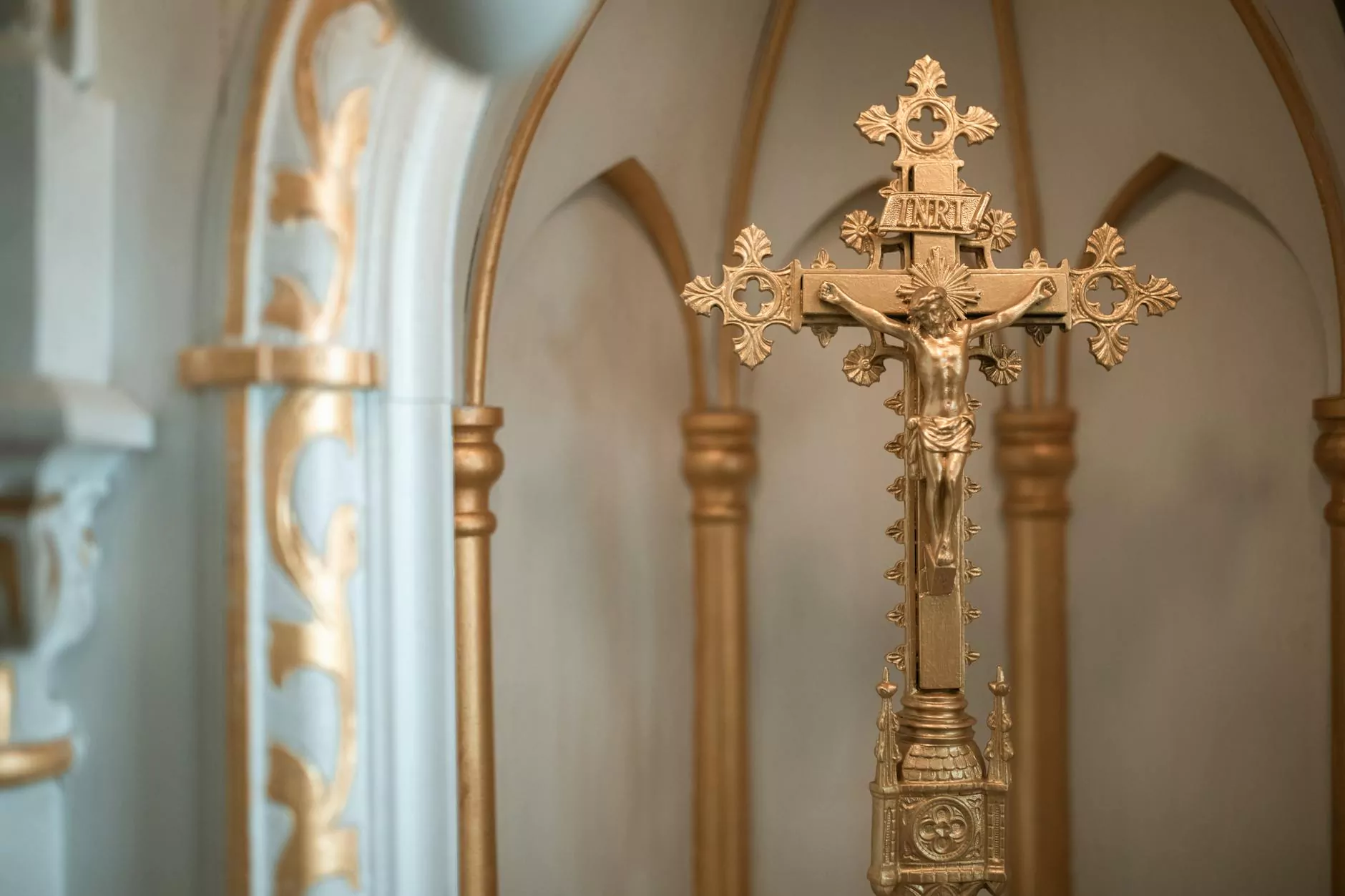The Power and Legacy of the Black Church: A Pillar of Community, Faith, and Social Change

The black church stands as a cornerstone of spiritual life, community cohesion, and social activism within African American history. Its unique blend of religious devotion, cultural heritage, and unwavering advocacy for justice has made it a vital institution that transcends mere worship and has become an influential force shaping society. In this comprehensive exploration, we delve into the history, significance, and ongoing impact of the black church, highlighting how organizations such as Bridge Church NYC exemplify its modern relevance.
Historical Roots and Evolution of the Black Church
The origins of the black church trace back to the antebellum period in America, where enslaved Africans and free African Americans sought refuge in spiritual gatherings that provided solace from oppression and a sense of community. Despite facing immense adversity, these congregations emerged as vibrant centers of faith, resilience, and cultural expression.
During the Reconstruction era and beyond, the black church grew in prominence, becoming instrumental in combating racial segregation, advocating for civil rights, and fostering leadership among African Americans. Key figures such as Martin Luther King Jr., Malcolm X, and others drew inspiration from the theological and communal foundations laid by these churches.
The Role of the Black Church in Social Justice and Civil Rights
Throughout history, the black church has been more than a place of worship; it has been a powerful platform for social justice activism. Leaders within these communities utilized faith-based messages to mobilize communities for civil rights protests, voter registration drives, and legislative change.
- Mobilization for Civil Rights: Churches served as meeting points for planning protests, sit-ins, and marches during the 1960s civil rights movement.
- Voting Rights Advocacy: The church played a pivotal role in promoting voter registration efforts, ensuring that marginalized communities had a voice in democracy.
- Economic Empowerment: Many congregations engaged in programs designed to foster economic independence and entrepreneurial pursuits within African American communities.
Spiritual and Cultural Significance of the Black Church
The black church combines spiritual worship with rich cultural traditions, including gospel music, expressive dance, and vibrant sermons that emphasize hope, perseverance, and liberation. These cultural expressions serve to strengthen community bonds and affirm identity amidst adversity.
Gospel music, often considered the heartbeat of the black church, inspires congregants and listeners worldwide with its soulful melodies and profound messages of faith and resilience. The church’s role in preserving African American heritage is undeniable, as it continues to be a space where history, culture, and faith intersect seamlessly.
Community Development and Outreach by the Black Church
Modern black churches, such as Bridge Church NYC, actively engage in community development initiatives that go beyond spiritual needs. These institutions provide a wide array of programs aimed at uplifting local populations and addressing societal issues.
- Food and Clothing Drives: Distributing essentials to those in need, fostering a sense of solidarity and care.
- Educational Support: Tutoring programs, literacy initiatives, and scholarship offerings to promote academic success.
- Health and Wellness Programs: Organizing health screenings, mental health resources, and fitness initiatives to improve overall community well-being.
- Youth Engagement: Mentoring, leadership training, and recreational activities designed to empower the next generation.
Modern Challenges and the Future of the Black Church
While historically resilient, the black church faces contemporary challenges including declining membership, technological shifts, and intersecting social issues such as racial inequality, economic disparity, and mental health concerns. Nevertheless, many churches adapt by leveraging digital platforms, embracing social justice movements, and fostering inclusive environments.
Innovative approaches include online services, social media outreach, and partnerships with other community organizations to maintain relevance and impact. The future of the black church hinges on its ability to innovate while staying rooted in its core mission of faith, community service, and justice.
How Churches Like Bridge Church NYC Serve as Examples of Modern Black Religious Leadership
Bridge Church NYC exemplifies the modern black church movement by integrating faith with active community engagement. This church prioritizes inclusivity, social justice, and cultural relevance, making it an accessible and empowering space for diverse populations.
They offer inspirational sermons rooted in biblical teachings, participate in local advocacy efforts, and provide vital support systems to residents of New York City. Such churches demonstrate how leadership rooted in faith can drive profound societal transformation and uplift marginalized communities.
Global Impact of the Black Church
The influence of the black church extends beyond America, inspiring faith-based social movements worldwide. Its focus on liberation theology, community empowerment, and collective resilience has resonated globally, particularly in nations grappling with racial inequality and social unrest. The church's models serve as blueprints for community-driven change in diverse cultural contexts.
Empowering Future Generations Through Faith and Service
To preserve its legacy, the black church invests heavily in youth development and education. Programs aimed at nurturing leadership qualities, spiritual growth, and civic responsibility are vital in cultivating future advocates for justice and community health.
In addition, fostering an environment where faith and social activism coexist ensures that the church remains a powerful agent for positive change, inspiring generations to pursue both spiritual fulfillment and societal progress.
Conclusion: The Enduring Significance of the Black Church
The black church is more than a religious institution; it is a resilient, dynamic force that has historically led societal transformation, celebrated cultural identity, and provided spiritual sustenance. Organizations like Bridge Church NYC uphold this legacy, demonstrating that faith-based communities continue to be essential pillars of hope, resilience, and activism.
As the community continues to evolve, the black church adapts and innovates, ensuring that its vital mission persists—empowering individuals, uplifting communities, and advocating for justice. Its profound impact will remain integral to society’s pursuit of equality, faith, and collective well-being.
The future of the black church lies in its ability to embrace change while holding firm to its spiritual roots and community mission. Its history of resilience promises a bright and impactful future for generations to come.









